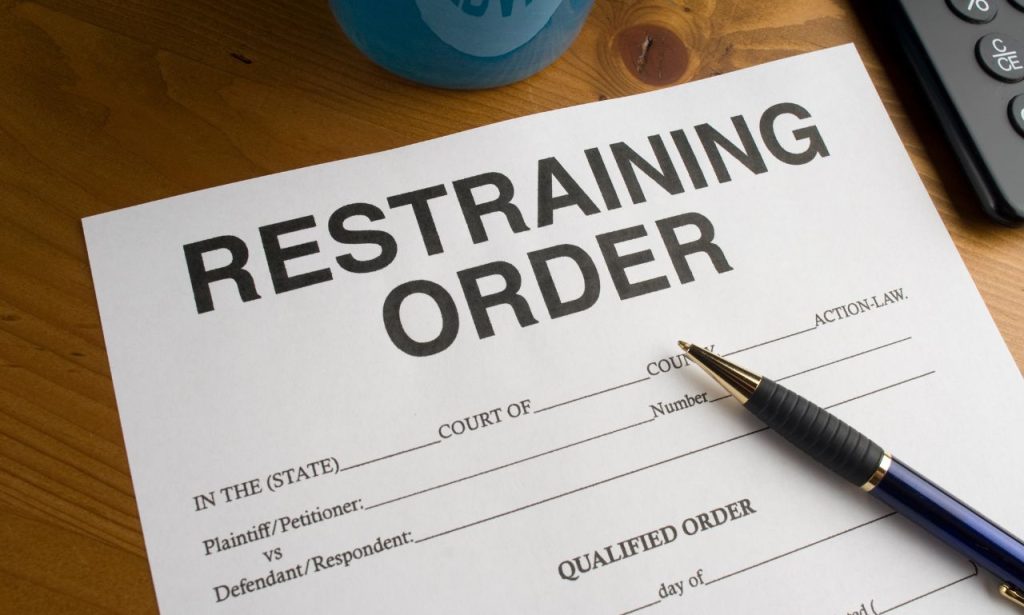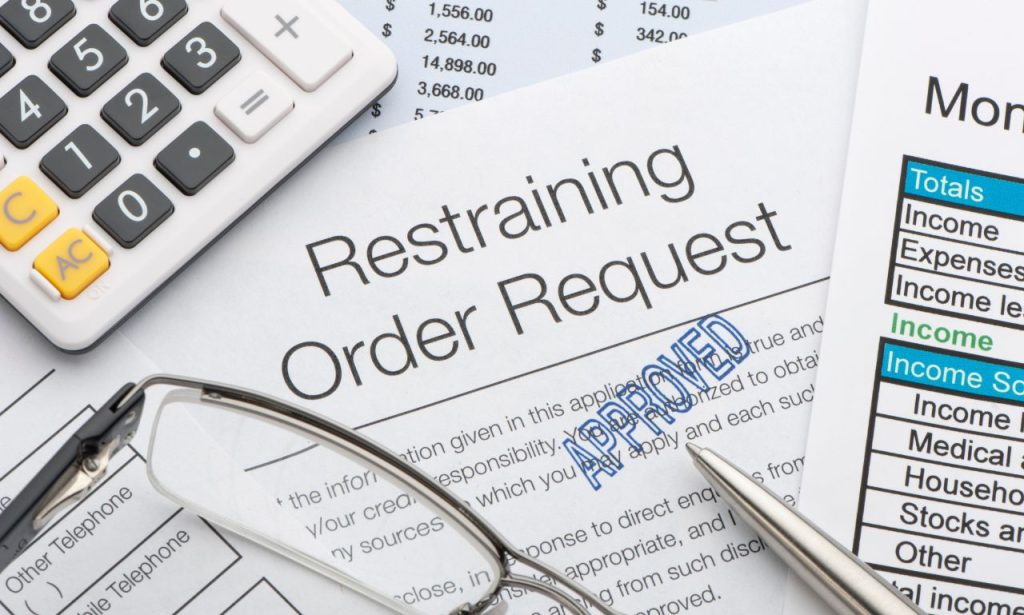Navigating the legal landscape can often feel overwhelming, especially when it involves personal matters such as harassment. One of the most frequently asked questions is: Does an injunction against harassment go on your record? Understanding the implications of such an injunction is essential, not only for your peace of mind but also for your future opportunities. This article will delve into the complexities surrounding injunctions against harassment, their potential consequences, and how they might affect various aspects of your life.
What is an Injunction Against Harassment?
An injunction against harassment is a legal order designed to protect individuals from repeated and unwanted contact or behavior that causes emotional distress. This type of injunction is typically issued by a court and can include provisions that prevent the harasser from contacting or coming near the victim.
Key Characteristics:
- Purpose: To protect the victim from ongoing harassment.
- Scope: Can include physical distance mandates and communication restrictions.
- Duration: Varies, but often lasts for a year unless renewed.
Legal Definition:
An injunction against harassment is distinct from other protective orders in that it specifically addresses patterns of harassment rather than a single incident.
Difference Between an Injunction Against Harassment and an Order of Protection

Understanding the difference between an injunction against harassment and an order of protection is crucial, as they serve different purposes and are applied in varying contexts.
Injunction Against Harassment:
- Focus: Repeated harassment.
- Applicable To: Any individual, not necessarily someone with a close relationship to the victim.
- Court Requirements: Requires proof of ongoing harassment.
Order of Protection:
- Focus: Protection from abuse or threats by someone with whom the victim has a close relationship (e.g., family, spouse).
- Applicable To: Domestic situations, including family or intimate partners.
- Court Requirements: Evidence of abuse or credible threat of harm.
Obtaining an Injunction Against Harassment
Securing an injunction against harassment involves several steps. Knowing these steps can help you navigate the process more effectively.
Filing the Petition
To begin, you will need to file a petition at your local courthouse. This petition outlines the harassment you have experienced and requests the court’s intervention.
- Documentation: Collect evidence of the harassment, such as messages, emails, or witness statements.
- Form Completion: Fill out the required forms, detailing the nature of the harassment.
- Submission: Submit the forms to the court and pay any associated fees.
Serving the Respondent
Once the petition is filed, the respondent (the person you are seeking protection from) must be formally notified.
- Service of Process: A legal method of delivering court documents to the respondent.
- Methods: Can be done through a sheriff, private process server, or sometimes by mail.
- Proof of Service: The court requires proof that the respondent has been notified.
Attending the Hearing
After the respondent has been served, a court hearing will be scheduled. Both parties will have the opportunity to present their case.
- Preparation: Gather all relevant evidence and, if possible, seek legal advice.
- Hearing: Present your case to the judge, who will then decide whether to issue the injunction.
Potential Consequences of Having a Final Injunction Issued Against You
Having a final injunction against harassment issued against you can have significant implications. It’s important to understand these potential consequences to mitigate any adverse effects.
Restraining Orders and Criminal Charges

While an injunction against harassment is a civil matter, violating its terms can lead to criminal charges.
- Contempt of Court: Non-compliance can result in penalties, including fines or jail time.
- Criminal Record: Repeated violations can lead to a criminal record, impacting your future.
Impact on Employment Opportunities
An injunction against harassment can affect your professional life in several ways.
- Background Checks: Employers often conduct background checks, and an injunction can appear, raising red flags.
- Reputation: Allegations of harassment can damage your professional reputation, affecting job prospects.
Impact on Housing and Rental Applications
Landlords also conduct background checks, and an injunction can influence their decision.
- Rental Denials: Some landlords may deny rental applications based on the presence of an injunction.
- Lease Termination: Existing leases can sometimes be terminated if the landlord deems the injunction a risk.
Does an Injunction Against Harassment Appear on Background Checks?
One of the most pressing concerns is whether an injunction against harassment will appear on background checks. The answer is nuanced and depends on several factors.
Background Checks Conducted by Employers
Employers may use different types of background checks, and the presence of an injunction can vary.
- Standard Checks: Some standard employment background checks might not include civil orders.
- Comprehensive Checks: More extensive checks, often conducted for sensitive positions, are likely to reveal such injunctions.
Background Checks Conducted by Landlords
Similar to employers, landlords may perform varying levels of background checks.
- Basic Checks: Basic tenant screenings might not show an injunction.
- Detailed Checks: More thorough checks, especially for high-demand properties, are more likely to uncover the injunction.
Conclusion
Understanding whether an injunction against harassment goes on your record is crucial for managing its potential impact on your life. While the presence of such an injunction can affect employment, housing, and personal reputation, being informed and prepared can help mitigate these consequences.
ALSO READ: What Happens If a Company Can’t Make Payroll
FAQs
While an injunction itself may not directly impact your ability to travel internationally, related criminal charges or convictions resulting from violating the injunction can affect your travel eligibility.
In some jurisdictions, it may be possible to petition the court to have an injunction against harassment expunged from your record, especially if it was issued in error or the circumstances have significantly changed.
Typically, an injunction against harassment lasts for one year, but it can be renewed if the harassment continues or if the court deems it necessary.
If you believe you have been falsely accused, it’s crucial to gather evidence to support your case and consider seeking legal assistance to defend yourself effectively in court.
Yes, either party can request the court to modify the terms of the injunction if circumstances change or if the original terms are no longer applicable.
If you believe the injunction was issued unfairly, you have the right to appeal the court’s decision. This process involves filing an appeal with a higher court and presenting your case again.



